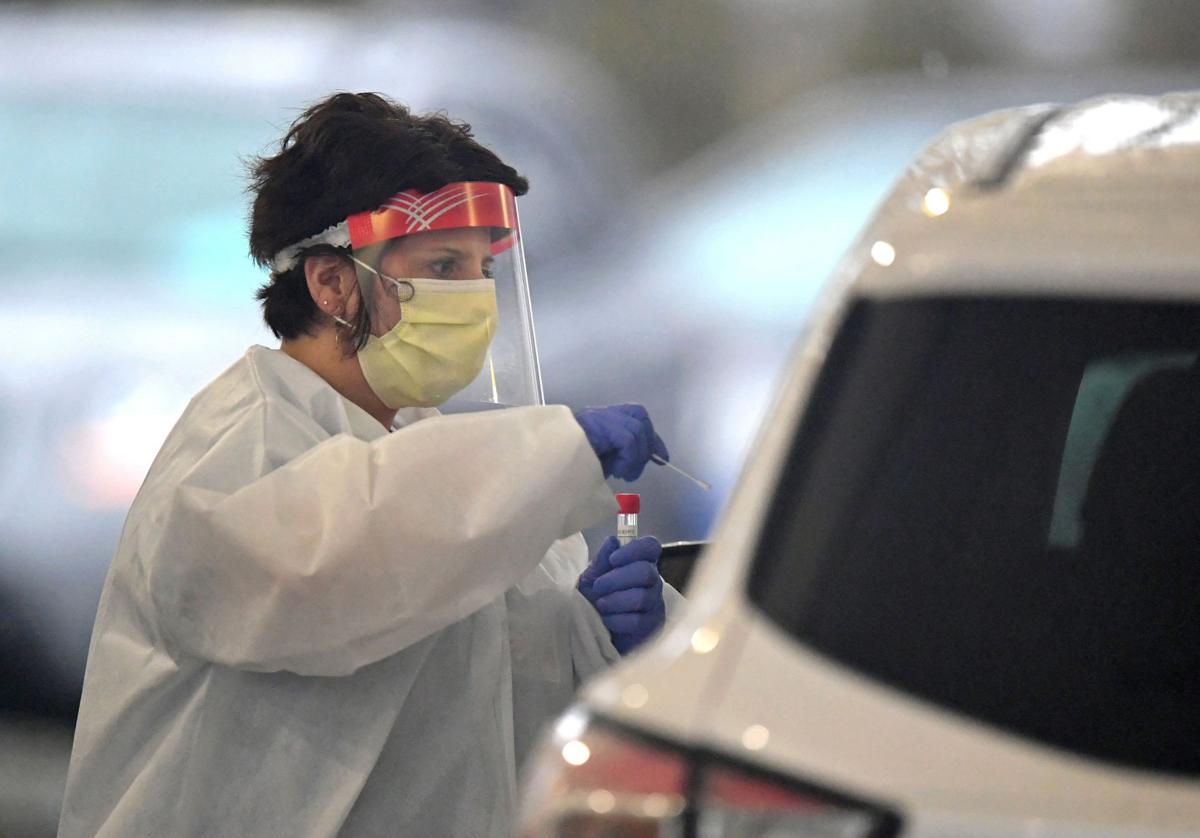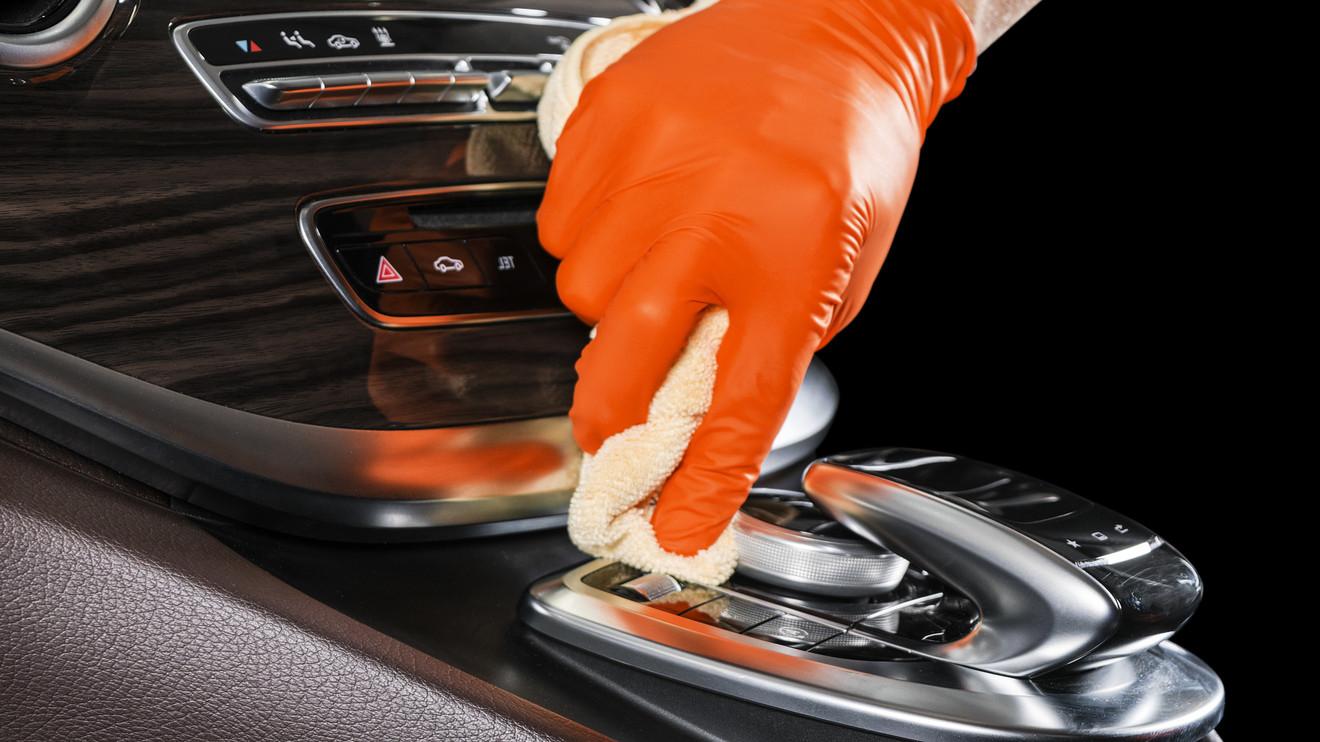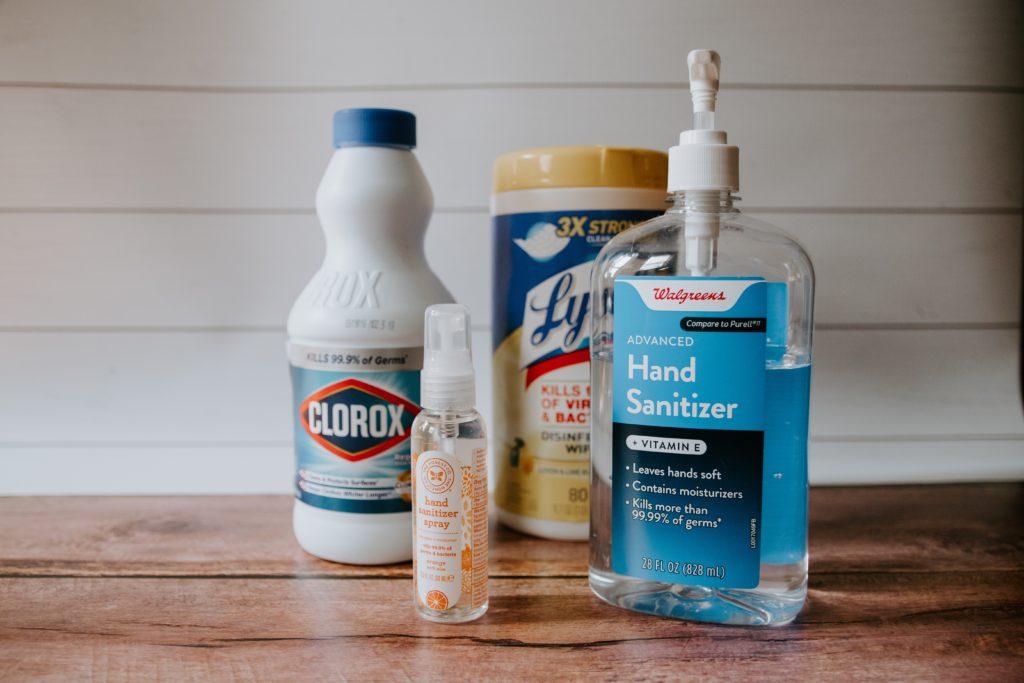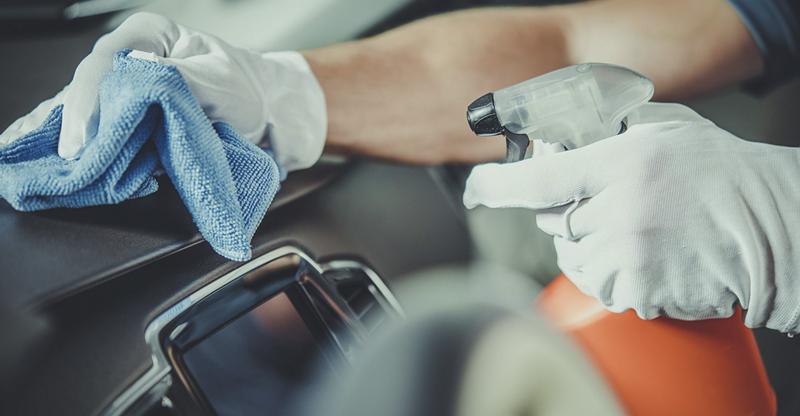By now, you should have learnt that regularly washing your hands and cleaning your house with disinfectant is effective to protect yourself from the deadly Coronavirus. But what about the inside of your car?
While most surfaces in your home are quite durable and can withstand a variety of cleaning and disinfectant solutions, the interior of your precious vehicle is much more fragile. Yet, it requires frequent cleaning all the same, as the Coronavirus can survive on surfaces for up to five days, or nine days according to many sources.
Not all household cleaners can thoroughly clean vehicle interiors without any damage to the surfaces. Furthermore, there are tips that you must follow to do the job effectively and safely without damaging the upholstery. Read on to learn more about which products to use and how to disinfect the interior of your car to protect yourself amid this fatal outbreak.

Contents
Why You Must Disinfect Your Car Regularly
Even if the only persons who have been in your car recently are those you live with, there is a very high chance that you have come into contact with infected surfaces, then in turn carry the virus into your car.
There are solid proofs that the Coronavirus can survive on surfaces from four to as long as nine days. They survive the longest on ultra smooth, non-porous materials such as glass and stainless steel.
Therefore, for instance, after going out for groceries, you should wash your hand then clean frequently touched surfaces in your car, including the steering wheel, door handles, shift lever, any buttons or touch screens, wiper and turn signal stalks, passenger and driver door armrests, grab handles, and seat adjusters.
Since the interior of most cars is made up of a number of different materials, it’s important to use the right products, and techniques, to disinfect your vehicle properly.
Needless to say, it is best to do the same for frequently touched surfaces in your house as well after going out. And the important thing is to wash your hands properly before you proceed with the cleaning. There is no point in disinfecting your car interior just to touch the surfaces right afterwards with your hands, which might be carrying the virus.
READ MORE
- DIY Car Interior Cleaner Guide – Make Your Vehicle Sleek And Shine
- Absolutely Best Car Wash Soaps In 2020
- The Dos And Don’ts Of Car Pressure Washing
Areas That Needs Utmost Attention
Consumer Reports recommends focusing on disinfecting these most frequently touched hot spots: your steering wheel, door handles inside and out, your car’s shifter, all window and control buttons, wiper and turn signal stalks, door armrests, any grab handles, and seat adjusters.

You should spend extra time and effort on the steering wheel. You might be shocked to learn that the steering wheel has four times the amount of germs found on an average toilet seat, thanks to all the cracks and crevices on the rim and spokes. If you fortunately still have disinfecting wipes around, it might be worth it to save them to clean all the surfaces on the steering wheel.
Nearly a third of people only clean their car interior once a year, and another 12 percent never do it, according to a recent survey by CarRentals.com. Such habit can lead to dire consequences in the case of this super spreadable virus.
Cleaning Solutions to Avoid
The general rule is not to use bleach or hydrogen peroxide on the interior surfaces of your car. While they can both kill coronaviruses on surfaces, they will damage your car’s upholstery.
Another cleaning solution to avoid is using ammonia-based cleaners on car touch screens, as they can damage their anti-glare and anti-fingerprint coatings. Ammonia can be found in the “blue glass cleaners.” The ammonia breaks down the vinyl on the dashboard, making it sticky when subjected to heat and light.
What You Can Use To Disinfect Your Car Interior
Microfiber cloth

It is recommended that you clean all surfaces with a microfiber cloth, regardless of the kind of cleaning solutions you opt for. Microfiber cloth is made of fabric that consists of tiny little loops that effectively capture and sweep away dirt and dust particles before they can scratch delicate or shiny plastic surfaces.
By comparison, if you use paper towels or rough cloth, the dirt and debris will scratch the surfaces much like sandpaper.
Rubbing alcohol
After commercial hand soap, bath soap, disinfectant spray and wipes were out of stock in many supermarkets and stores worldwide, you might have learnt that the next thing that people try to get their hands on is rubbing alcohol. In fact, rubbing alcohol is completely out of stock on Amazon at this very moment.
Rubbing alcohol, or isopropyl alcohol, is actually an ingredient popular in any DIY household cleaner recipe. It is normally widely available and is a highly versatile cleaner and disinfectant. According to the Centers for Disease Control and Prevention, alcohol solutions that contain at least 70-percent alcohol should be effective at killing coronavirus.
It is the cleaner most used by manufacturers of most automotive interiors today. All it takes is a quick wipe to clean most germs and fingerprints.
This means nearly every interior surface of your car can be cleaned with isopropyl alcohol-based cleaners you probably already use around the house. This is also confirmed by Jeff Stout, executive director global innovation at Yanfeng Automotive Interiors.
Yanfeng is the world’s largest supplier of automotive interior parts. It uses isopropyl alcohol for cleaning parts in its own factories, and this solution is safe on virtually everything it makes, from plastics to painted chrome and imitation leather.
The great news is most car leathers and imitation leathers have urethane coatings for protection, which is safe to clean with alcohol.
However, while using alcohol to disinfect your car interior during the outbreak is simple and cheap, doing so regularly in the long term is not recommended. Do note that most leathers are dyed, so over time, cleaning leather regularly with alcohol and/or cleaning too vigorously can leave it susceptible to damage and discoloration, and will look prematurely worn out.
READ MORE
- How To Clean Car Windows Without Streaks
- Best Ways To Clean Bugs Off Windshield
- How To Clean Alloy Wheels
Regular soap
Cannot buy disinfectant sprays or wipes anymore as they are out of stock everywhere? Calm down, as regular household soaps, and detergents can get the job done, provided that you clean thoroughly.

Vigorous washing with soap and water can also kill a coronavirus. This is because coronaviruses are surrounded by a protective envelope that acts as a facilitator to infect other cells, without which they will not survive. Regular soaps can break down that envelope, thus effectively disarm them.
Soap and water are also safe for most car interiors, especially fabrics and older leather that you do not bother to spend a lot of effort maintaining anymore. Just be sure not to scrub too hard, as with any other cleaning solutions. No matter what you use, a gentle touch is recommended.
If your car has fabric upholstery, cleaning it with too much water or too much soap will create too many suds. Since you cannot disassemble any interior part completely and run it under running water, the suds will stay there forever and imprint annoying, ugly marks here and there.
In addition, if you soak through the fabric down to the cushion beneath, you will have to deal with the lingering musty smell or worse, mold might grow in the cushions. Instead, with fabric upholstery, you should only lightly agitate the fabric with a small amount of water and laundry detergent and work slowly.
One more bit of advice
Storing a large pump bottle of hand sanitizer in your car is not recommended. The heat buildup from a running car may cause the alcohol in the sanitizer to “boil,” resulting in an expansion inside the sanitizer’s bottle. This might result in leakage and a mess that you will have to clean up, not to mention a huge waste of sanitizer, a scarce and valuable resource at the moment. It is a better idea to carry a more moderate-sized bottle in your bag instead of leaving it in the car.



